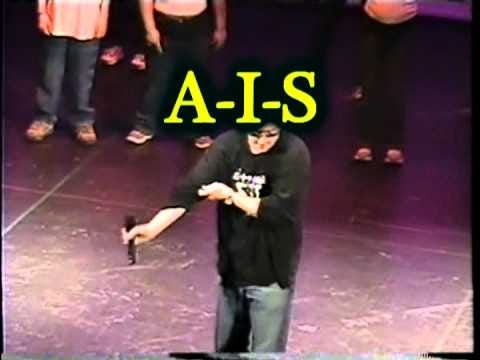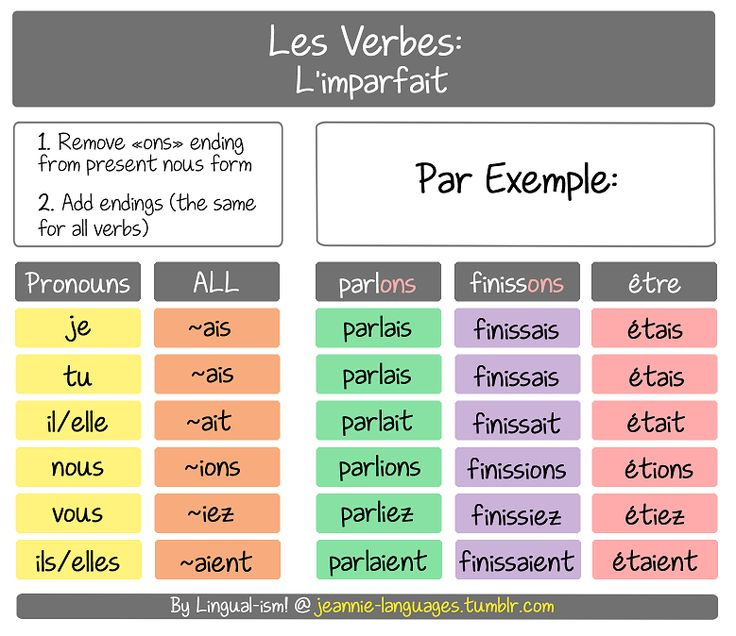Bonjour les amies ! Aujourd’hui, j’ai suivi un cours de français, et j’ai appris « le plus-que-parfait ». J’aimerais partager avec vous ce que j’ai appris. C’est parti!
Hello friends! Today I took a French course and learnt about the ‘plus-que-parfait’. I'd like to share what I learnt with you. Let's get started!
Just a heads up, I'm not a professional teacher, but rather another learner. The information I share might not be entirely accurate.
What is this weird looking name?
There are four types of past tenses in this diagram: passé récent, passé composé, imparfait, and plus-que-parfait. Before explaining what « plus-que-parfait » is, let us review past tenses.
Quick revision of past tenses
Passé récent : It expresses an action that has just occurred a short time ago.
Formation : "venir" in the present + "de" + the infinitive of the verb.Passé composé : It describes a completed action in the past.
Formation : "avoir" (or "être") in the present + past participle of the verb.Imparfait : It describes an ongoing or repeated action in the past or provides background details.
Okay, « plus-que-parfait » ?
I believe all the illustration helped you to revise with other past tenses. Now, let us focus on « plus-que-parfait »
Formation
First, you must use imparfait of ‘avoir’ or ‘être’
Second, you add past participe of the verb
When to use imparfait of ‘avoir’ or ‘être’?
When it comes to using ‘passé composé’, in what occasion do you use ‘être’?
Specific verbs that requires to use être (être maison)
Reflexive verbs
Also, when you use être, do you need to accord the ‘past participle’ by the subject’s gender and number?
With plus-que-parfait it works in the same way ☺️ Examples will help you!
Examples sentences
J'avais fini mes devoirs avant de sortir.
(I had finished my homework before going out.)Elle avait vu ce film avant de le recommander.
(She had seen that movie before recommending it.)Nous étions déjà partis quand il est arrivé.
(We had already left when he arrived.)Ils étaient montés dans le train avant que la pluie ne commence.
(They had gotten on the train before the rain started.)
When exactly do I use it?
We use « plus-que-parfait » when we want to describe an action that occurred before another past action.
For example… when I am sharing what happened yesterday with friends I can use plus-que-parfait!
Hier, quand je suis arrivé (passé composé) au bureau, mon collègue était déjà parti (plus-que-parfait). Il avait reçu (plus-que-parfait) un appel urgent tôt le matin, alors il avait quitté (plus-que-parfait) le bureau. J'étais (imparfait) surpris parce que nous avions prévu (plus-que-parfait) de travailler ensemble sur un projet important. Finalement, j'ai dû tout faire moi-même.
Yesterday, when I arrived at the office, my colleague had already left. He had received an urgent call early in the morning, so he had left the office. I was surprised because we had planned to work together on an important project. Finally, I had to do everything myself.
The plus-que-parfait explains what had already happened before the main events you're describing that is happened in the past (passé composé & imparfait). It provides context and helps to understand the sequence of events.
Tense in general confuse me a lot…
I have shared a video that Alexa has explained all the tense in one video. When you have time, I highly recommend you to listen to her explanation 😄
In order to use « plus-que-parfait », we must know imparfait very well. This video is a short weird video that used imparfait 😅🤣 Woah they also do world tours ?!










Il avait reçu (passé composé) un appel urgent tôt le matin
I don't understand how its passé compose